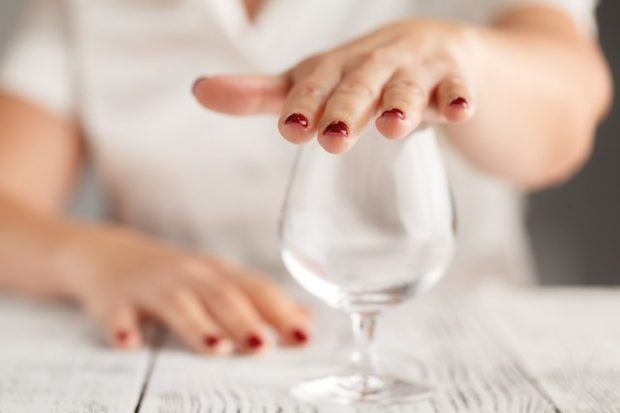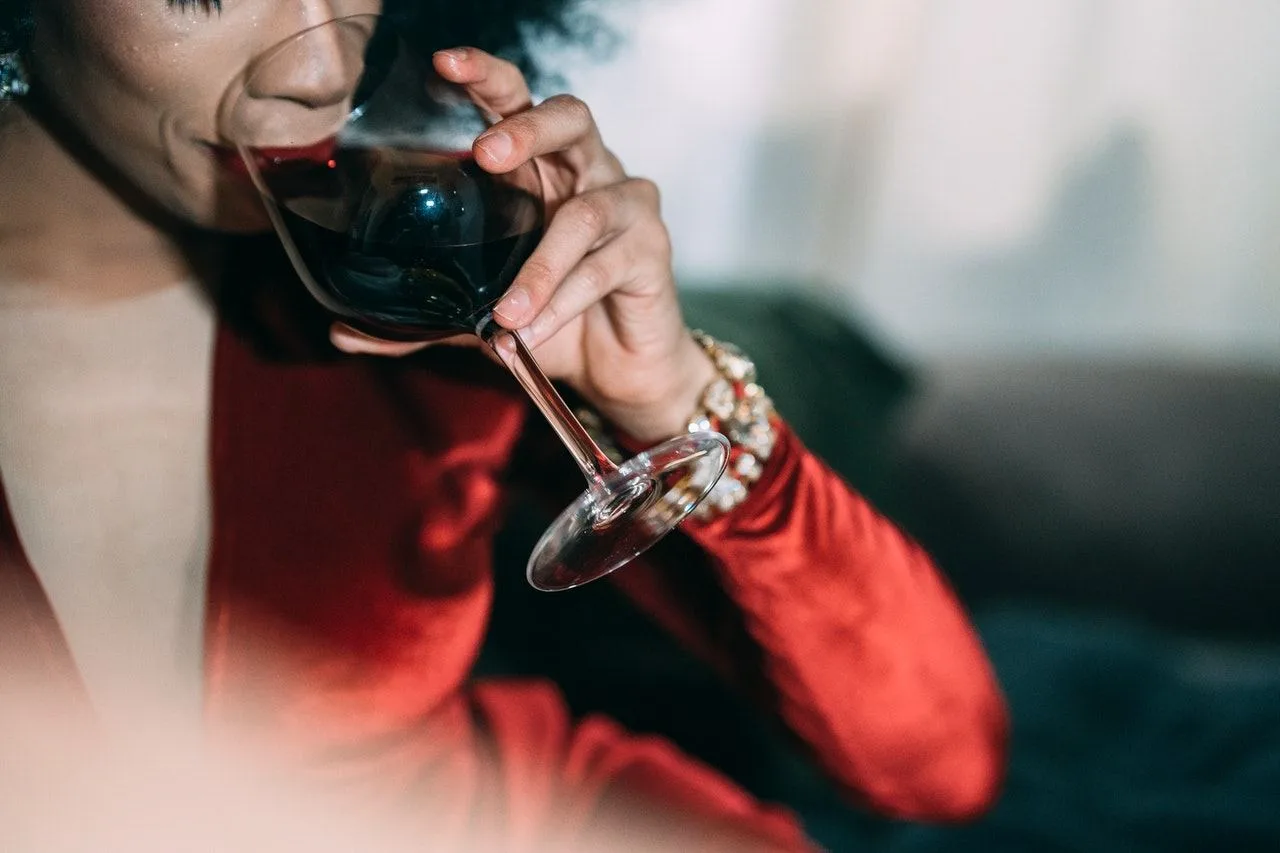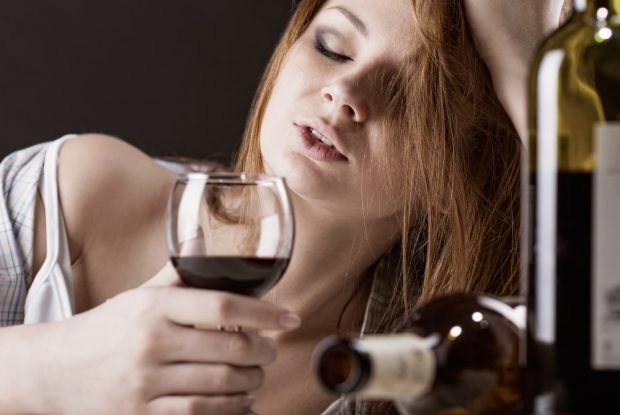As much as you enjoy a drink now and then, the reality is that alcohol can have serious effects on your health. In fact, if you’re hoping to age like wine, you might want to, well, avoid alcohol. We all understand the integral role that diet can play in the health of our skin, so it stands to reason that alcohol consumption will have an effect on it.
As more and more people try to find ways to avoid triggering premature aging, it may be high time to adopt mindful drinking so that you can keep your skin happy.
Alcohol and Skin: How Does It Age You?
It dehydrates you
Alcohol is a diuretic, which means that it drains your body of water, dehydrating you.
Not only does dehydrated skin look dull, but it also enhances the signs of premature aging, making your wrinkles and fine lines look more pronounced.
It affects your sleep
Getting quality sleep is important for your health, and a decline in this can age you. According to a study published in Clinical and Experimental Dermatology, chronic poor sleep quality was associated with increased signs of intrinsic aging, diminished skin barrier function, and lower satisfaction with appearance.
So what do your drinking habits have to do with this?
While alcohol can have you fall asleep ‘quicker’, it actually disrupts your sleep, particularly during the deeper stages of the sleep cycle where your body begins to repair itself.
It gives you a dose of sugar
You might think that ordering a cocktail over hard liquor is better for your skin, but this couldn’t be further from the truth. Cocktails and other mixes are laced with sugar that can accelerate the aging process.
According to a piece about the aging effects of sugar, high sugar levels in the body can trigger a chemical reaction called glycation, resulting in damage to collagen and elastin as well as free radical formation, oxidative stress, and inflammation, all of which can leave the skin looking aged, dull, and dry.
Which is the worst alcohol for my skin?
If you’re looking to reevaluate your drinking habits, you might want to better understand which alcoholic beverages are worse on your skin, and which ones you can get away with consuming without your skin paying for it in the morning. In that case, here’s a list of alcoholic drinks from bad to worst.
1. Tequila – contains the least amount of sugar
2. Beer – doesn’t have high concentrations of alcohol
3. Gin and Tonic/Vodka – relatively low in sugar and salt
4. White Wine – high in sugar
5. Mojito – loaded with sugar as drinks are mixed with carbonated beverages like soda and Red Bull
6. Margarita – loaded with sugar and salt
7. Red Wine – Yes, it is rich in antioxidants but enjoying more than a glass a day can promote flushing, which can be terrible if you struggle with rosacea.
Sobering Up Your Skin
If you really want to protect your skin from the aging effects of alcohol, the obvious thing to do would be to remove alcohol from your diet. However, if that doesn’t sound as appealing, then we advise that you adhere to the recommended alcohol consumption (a drink a day for women and two drinks a day for men).

AndreyCherkasov/Shutterstock
Additionally, it’s best to stay hydrated and drink water with every alcoholic beverage that you have so that you can combat the alcohol’s diuretic effects.
Want to know more?
Alcohol doesn’t just affect your skin, it can also have a strong influence on your mental health. Supermodel Bella Hadid recently opened up about quitting alcohol because of her struggles with anxiety.
References
Oyetakin-White, P., Suggs, A., Koo, B., Matsui, M. S., Yarosh, D., Cooper, K. D., & Baron, E. D. (2015). Does poor sleep quality affect skin ageing?. Clinical and experimental dermatology, 40(1), 17–22. https://doi.org/10.1111/ced.12455






![women [longevity live]](https://longevitylive.com/wp-content/uploads/2020/01/photo-of-women-walking-down-the-street-1116984-100x100.jpg)









